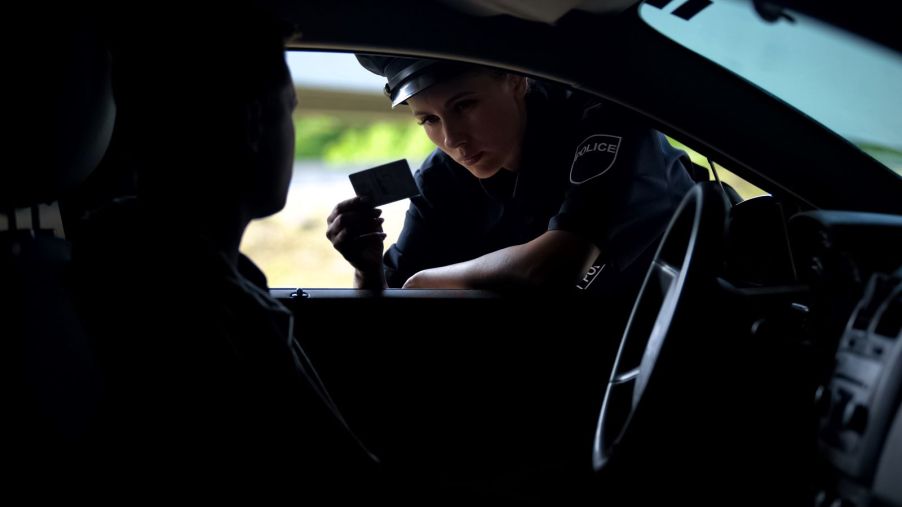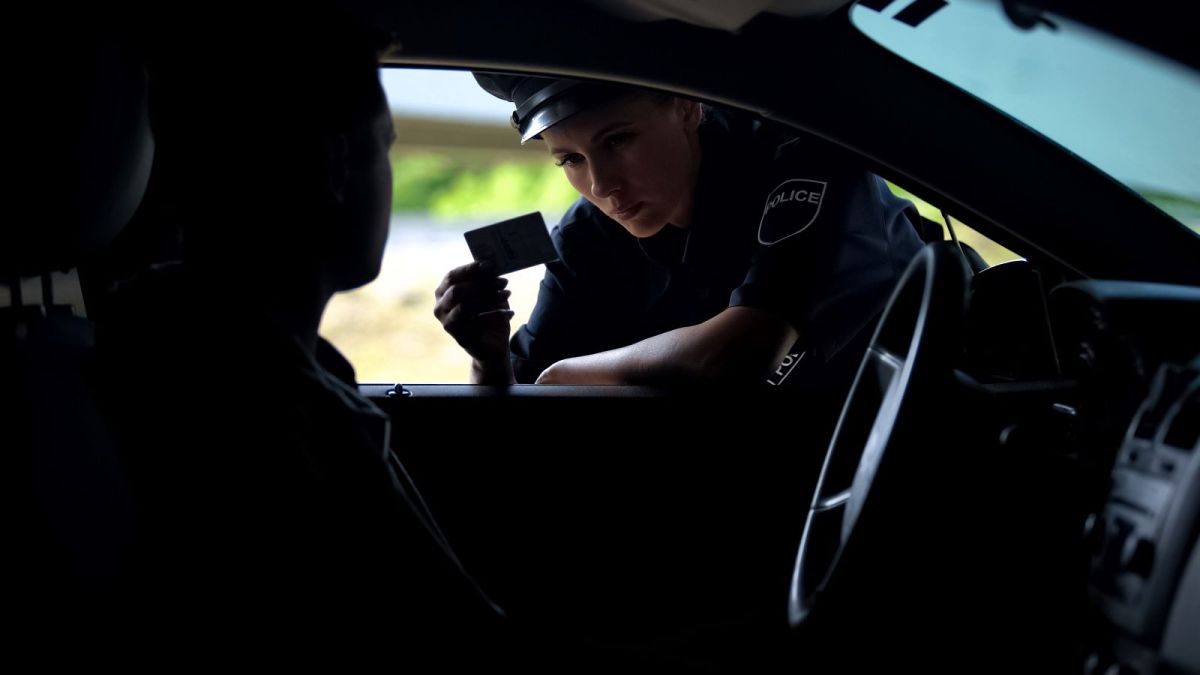
Here’s the truth about where police need a reason to pull you over–and where they don’t
Imagine you’re driving home late one night when you see blue lights in your rearview mirror. A police officer approaches your window and asks if you’ve been drinking. So you fire back with, “Why, was I swerving?” They say no. So you have to ask, “Why did you pull me over?” They say: “Because I can.”
This may sound ridiculous, but it’s a fact of life for driver in places such as Australia and New Zealand. There, police officers can randomly pull over vehicles to check and see if the drivers have been drinking. That’s very different than the law in the U.S.
In the United States, police officers need evidence you may have committed a crime to stop you and begin investigating a crime. So if they watch you stumble out of a bar and drive away, or if they witness you swerving on the road, they can pull you over on suspicion of drunk driving. But they can’t just stop you to see if you’ve been drinking.
The loophole multiple departments have attempted is a “license check.” This is a checkpoint–often executed on a Friday or Saturday night. Police check every car and ask to see license and registration, then they strike up a “where are you coming from?” and “have you been drinking?” sort of conversation, hoping for evidence the driver’s been drinking. Some departments even called these “sobriety checkpoints” but the U.S. Supreme Court ruled this unconstitutional.
Want to see more ways U.S. police differ from police around the world? Check out the video embedded below:

















































